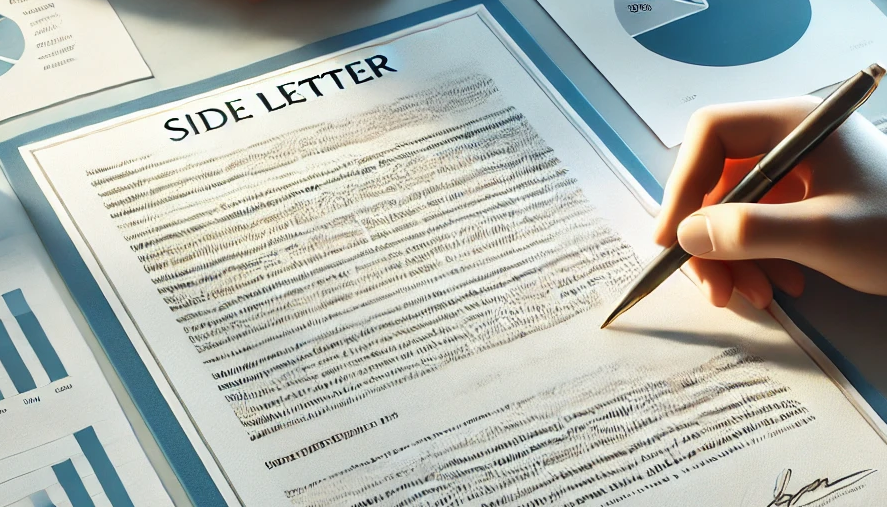
by TONBOFA LP
Project developers must submit Environmental Impact Assessments (EIA) to get their projects licensed in most nations. The High Court of England and Wales in Friends of Earth Ltd v. Sec of State for Levelling Up & Ors, (following the recent Supreme Court decision on an oil project) quashed the decision of Secretary of State Council permitting a coal extraction project. The permission was granted based on the Developer’s EIA and the Secretary of State assessment of the EIA based on legal requirements.
The EIA Permit considered in Judgement
- The EIA stated that the project would be net zero GHG emissions.
- The project would substitute current coal supplies from the USA to Europe and not be additional extraction as those USA coal would stay in the ground.
- The EIA considered GHG emissions from the project but not those from burning or use of the coal.
- The EIA also provided for offsetting arrangements from overseas projects to cover excess GHG emissions.
The High Court held …
- Evidence of the USA supply substitution did not cover whether the current supply mines would find other markets to supply and thereby not assessed by the Secretary of State.
- GHG emissions from use of the coal should also be considered.
- Claim that offsetting arrangement should be from projects in the UK only was not assessed.
- The effect of the project on the UK’s leadership role on climate change was not assessed.
- The failure to assess all these issues resulted in serious defects in the decision-making process of the Secretary of State
Learning Points for Project Developers, Investors, Lenders etc.
- EIA content is based on local laws. Where local laws have words as used in the regulations considered in this case, this case would be relevant to your project.
- Developers have the duty to provide full information about their project in the EIA.
- Regulator to assess all information supplied in EIA and to ensure evidence is submitted for all claims made in EIA.
- Procedure as to statutory required public hearings etc. to be fully complied with.
- GHG emissions should include GHG from the project and from the use of the project products, e.g. oil being used as fuel.
- Effect of the project on GHG emissions globally should be considered in EIA not just at the location of the project
- Substitution arguments must be almost perfect to be effective and all possible arguments that users in other jurisdictions would demand from mine being substituted should be considered.
- The effect of the project on the nation’s relevant policies should be considered.
- The project permit can be challenged by stakeholders like environmental action groups on EIA grounds and legally quashed.
Conclusion
Developers face the risk of their permits being denied or regulator’s approval being quashed where the EIA submitted does not exhaustively provide for all relevant information for the project
Investors and Lenders in their due diligence should ensure the EIA was exhaustive and properly assessed according to relevant laws and where any gaps are identified, request for EIA supplements to be submitted and assessed.
For more on this, contact TONBOFA Law Practice UK on info@tonbofa.com
#project #project developer #investor #finance #lenders #funds #developingnations #africa #lawsofenglandandwales #climatechange #greenhousegas #carboncredit #environment #mining #oilandgas #energy #environmentalimpactassessment #substainablefinace





